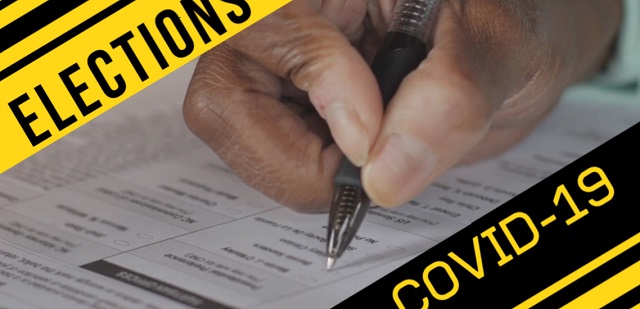
Why it favours Museveni
Kampala, Uganda | GEOFFREY SSENOGA | Uganda is going to conduct its first digital and mass media campaigns ahead of its 2021 general elections. This comes as the country contemplates holding a “scientific election” wherein social distancing guidelines will be observed.
On June 16, the Uganda Electoral Commission issued a press release banning public rallies for the 2021 political campaigns as part of the country’s COVID-19 containment measures. Campaigns will now be conducted on radio and television, in newspapers and on the internet. This caused an immediate protest; especially among opposition-leaning political groups and civil society organisations.
The electoral commission said the official guidelines for the 2021 general election would be issued after consultation with relevant stakeholders. These guidelines will include how much space and time aspirants will be allocated on Uganda’s national broadcasting network.
This is a critical issue as candidates have been denied media space in the past. In 2011, opposition kingpin Kizza Besigye was denied paid advertisement space scheduled on the state-owned Uganda Broadcasting Corporation. He won a court case against the media house but the electoral commission is yet to pronounce on this incident.
Uganda’s electoral commission’s relationship with electioneering politicians has been problematic in the past. Many of them are highly distrustful of the body, which is hand-picked by the incumbent president.
President Yoweri Museveni is also on record accusing the electoral body of rigging his party out of votes in 2014. The electoral commission itself has exploited this instability by issuing inconclusive communications. The latest announcement on media campaigns is a case in point.
In the meantime, party candidates are picking nomination forms, and the ruling National Resistance Movement has conducted virtual and low scale physical campaigns and elections for its party organs nationwide. This is being done amid the traditional fanfare that accompanies campaigns albeit in smaller groups. They are taking the opportunity to attract the attention of television cameras and radio stations.
Uganda’s previous general elections have often been disputed by the losing opposition. The 2021 general elections are poised to fuel these traditional grievances even as the country’s election commission bans open air campaigns owing to COVID-19 restrictions.
The ruling party has unrestricted access to the media. It is also assured of an uninterrupted internal electoral process. This is not the case for the opposition, which is often blocked and dispersed by police.
The electoral commission as umpire is unresponsive to the methods and activities of the police, and some media policies that significantly affect the visibility of the candidates among the electorate.
Attempts therefore at Uganda’s scientific elections, unless judiciously regulated, will only propagate the usual refrain of electoral malpractices.
 The Independent Uganda: You get the Truth we Pay the Price
The Independent Uganda: You get the Truth we Pay the Price


